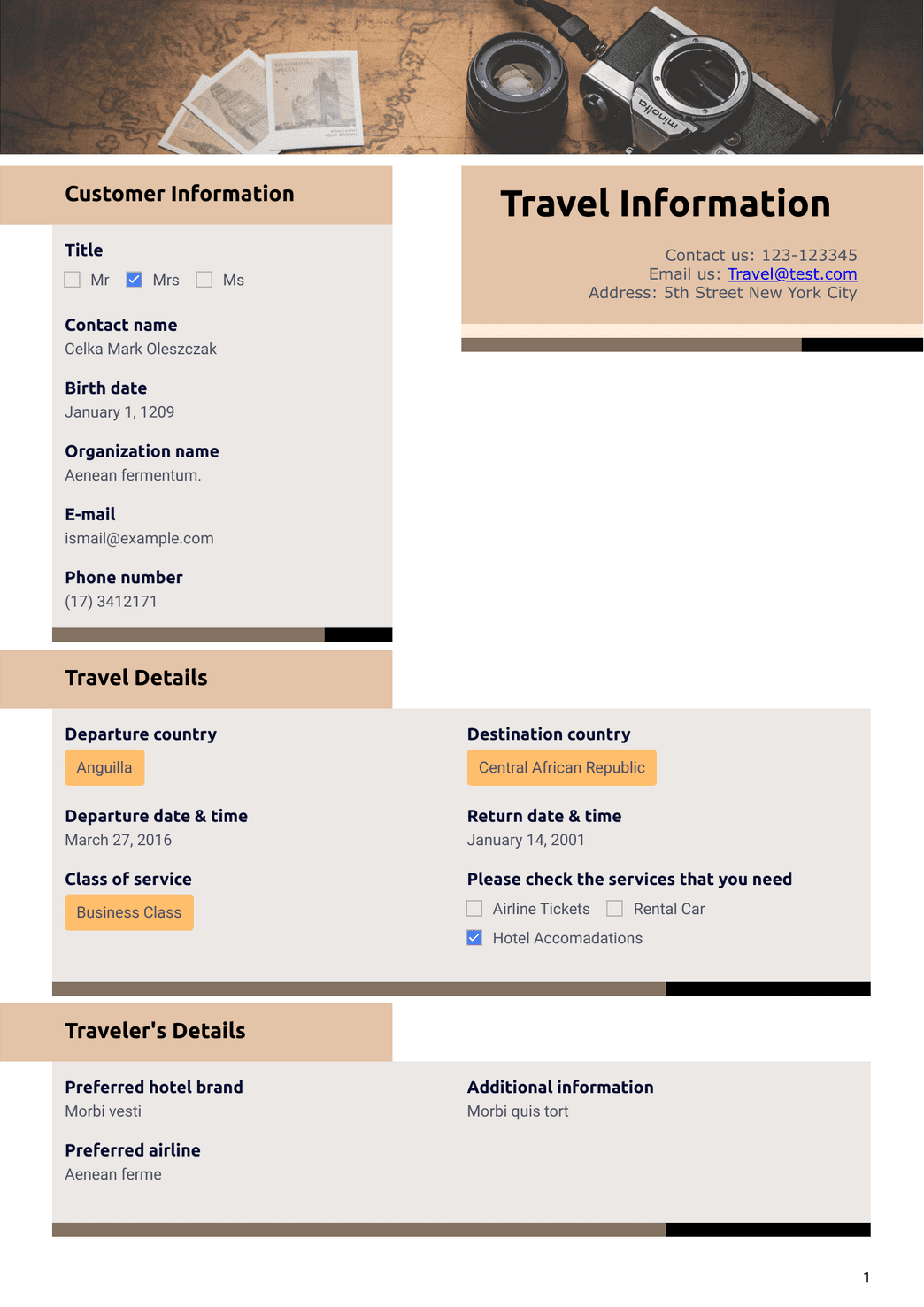Information for U.S. Citizens in the Middle East

allworldtravelling.Blog


When traveling to Spain or any other country in the Middle East, it is important to be aware of the entry requirements and advisories in place. Make sure to check the travel advice from the U.S. Embassy in Madrid before your trip. Keep your passport and emergency insurance information with you at all times, and know the location of the nearest U.S. Embassy as a traveler. In case of an emergency, they can assist with providing transportation or accommodations. Be cautious at train stations and border crossings, as you may be denied entry if your documents are not in order. Avoid crowds and keep your ticket and personal belongings secure in crowded areas like parks or airports.
Remember to respect Spanish law and customs while visiting Spain. Make sure your passport is valid for the duration of your stay in case of unexpected emergency exit requirements. Always carry a copy of your vaccination records, as some places of worship may require proof of certain vaccinations. Be aware of any politically significant holidays or international events taking place during your trip, as these may affect your plans. Living in Spain can be a wonderful experience if you take the time to explore the beautiful cities in Spain and appreciate the difference in culture. Be cautious in Seville and Barcelona, as these cities are known to be vulnerable to petty theft.
Spain is a popular destination for travelers from around the world, but it’s important to exercise increased caution when visiting. The Spain travel advice warns that demonstrations are common, and there have been incidents of theft targeting tourist locations. It’s also important to be aware of safety and security issues, as well as minor crimes that could affect your trip. If you’re planning to visit Spain through Gibraltar, make sure you have the necessary schengen permit to enter Spain without a visa for up to 90 days. While the Spanish authorities do their best to ensure your safety, it’s always a good idea to have a plan in place in case of emergency.
When you travel to Spain, make sure you have a good insurance provider and know how to locate them in case of an emergency. Keep your passport and emergency contact information with you at all times, and be cautious when using public transportation or visiting crowded areas. If you run into any issues at the airport or train station, don’t hesitate to contact the nearest embassy for assistance. Remember to always apply for the appropriate entry documents before your trip to Madrid or any other destination in Spain.

For additional travel information, help us locate you in an emergency, we’ll need to make sure we have your contact details. Whether you’re staying at a hotel, a local bed and breakfast, or a rented apartment, your address and phone number will make it easier to locate you if something goes wrong. Don’t worry, we’ll keep this information safe and won’t share it with anyone unless it’s an emergency. Spain’s local government facilities are available to help us steal locate you in case of an emergency, so it’s important to keep them informed of your whereabouts.
Being in a new town can be overwhelming, especially if you’re unaccompanied or don’t speak the local language. That’s why it’s important to familiarize yourself with Spain’s club, restaurant, and coach services, as well as educational institutions, public areas, and transportation hubs. This will not only make it easier to locate your way around, but also make informed decisions about where to go and what to do during your visit today.
Before traveling to Spain, there are certain requirements that british nationals must meet in order to be allowed entry. From applying for a passport to securing good insurance coverage, making sure you have all necessary documents in order will save you time and expense later on. In case of an emergency, it’s important to know the location of the nearest embassy or consulate, as well as the procedures to follow if you are denied entry at the airport or border. By being prepared and informed, your travel to Spain can be a good and safe experience.
International Parental Child Abduction is a worldwide issue that affects many families and children. This heartbreaking situation occurs when a parent or guardian takes a child to another country without the other parent’s consent or in violation of a custody order. According to the fear act data, the number of cases has been increasing steadily over the years. The site is managed in such a way that related content and country summary pages are provided to offer resources and support for families facing this difficult situation. It is important for parents to be aware of the legal implications and potential consequences of international parental child abduction.
When a child is taken to a foreign country, there are many immigration and third party hurdles to overcome in order to bring the child back to their home country. Many parents find themselves on shaky ground in unfamiliar rural areas with limited support and resources. The privacy and copyright of the child must also be protected throughout the legal process. Resources such as foia and usa.gov can provide information and assistance to families in need.
When traveling to a country such as Spain, it is important to familiarize yourself with the necessary steps for entry, including obtaining a valid passport and any spanish visas required. In case of emergency, it is recommended to know the location of the nearest embassy or consulate for assistance. Good insurance coverage and knowledge of transportation options such as train or border crossings can help ensure a safe and smooth journey. By being prepared and informed, travelers can avoid potential issues such as being denied entry or getting lost in a crowd at the airport or destination. Remember to always apply for the necessary permits and reservations, such as a hotel or ticket, well in advance of your trip.

Traveling to Spain can be an unforgettable experience, with its rich history, vibrant culture, and delicious cuisine. When planning your Spain travel, there are several important things to keep in mind. Make sure your passport is up to date and apply for any necessary visas well in advance. It’s also a good idea to have travel insurance in case of any emergency.
Familiarize yourself with the nearest embassy in case you need help while abroad. When it comes to transportation, taking the train is a convenient way to get around and explore different Spanish cities. Be prepared for long lines at the airport and crowded tourist destinations, but don’t let that deter you from experiencing all that Spain has to offer.
While in Spain, be sure to indulge in some of the country’s most famous dishes. From traditional paella to powdered sugar-dusted churros, there’s no shortage of delicious Spanish cuisine to try. Don’t forget to visit iconic landmarks like the Royal Palace in Madrid and the stunning Park Güell in Barcelona. If you encounter any issues with your hotel reservation or have trouble with your ticket at the train station, don’t hesitate to seek assistance from a fellow traveler or ask for help from a friendly local. Keep in mind that being denied entry at the border is a rare habit, but it’s always important to follow proper procedures when entering a new destination.

Can US citizens travel to Spain right now? According to the U.S. Embassy in Spain’s page useful disclaimer, American traveler can currently apply for entry into Spain. However, there are certain entry requirements and restrictions in place due to the ongoing emergency situation. It is good to have the necessary insurance and to be familiar with the spanish regulations before traveling to this beautiful destination.
The U.S. Embassy in Madrid can help us in case of any emergency while in Spain. Make sure to have your passport and other important documents with you at all times, especially when crossing borders or at the airport. In addition, have your hotel and transportation arrangements sorted out to avoid any issues with being denied entry to the country.
When in crowded places or using public transportation like buses or trains, be vigilant and keep an eye on your belongings. In case of any emergency, contact the nearest U.S. Embassy for help us or assistance. Also, make sure to have a return ticket and enough funds to support yourself during your stay in Spain.

When traveling to Spain, it is important to be aware of any restrictions that may apply. Upon entry into the country, Spanish authorities may request to see your passport and may deny entry if you do not have the proper documentation. It is always a good idea to have emergency contacts, such as the nearest embassy, in case you need assistance while in Spain. Additionally, as a responsible traveler, it is recommended to have good insurance coverage in case of any unforeseen events.
When moving around the country, be sure to familiarize yourself with the transportation options available, such as taking a train or flying to different destinations. Be mindful of any border controls that may be in place, especially when traveling by airport.
Always apply for any necessary permits or visas before your trip to avoid being denied entry. Lastly, when visiting popular tourist spots such as Madrid, be prepared for crowds and consider booking your hotel and park tickets in advance to save time and hassle.
:max_bytes(150000):strip_icc()/the-best-time-to-visit-spain-1642890-final-5b4370d9c9e77c003753d88c.png)
When planning a trip to Spain, it’s important to consider the best time to visit in order to make the most of your experience. The peak travel season in Spain is during the summer months, particularly in popular tourist destinations such as Madrid.
Therefore, if you prefer to avoid crowds and high prices, it may be better to visit during the off-peak seasons. Before traveling to Spain, ensure that your passport is up to date and that you have all necessary entry requirements sorted out.
It’s also a good idea to have travel insurance in case of emergency situations. Familiarize yourself with the location of the nearest embassy in case you need assistance as a traveler. When it comes to transportation, trains are a popular and efficient way to travel within Spain, but be aware of border control if crossing into another country. Finally, make sure to apply for any necessary permits and book your hotel accommodations in advance to avoid any issues with denied entry or sold-out rooms.